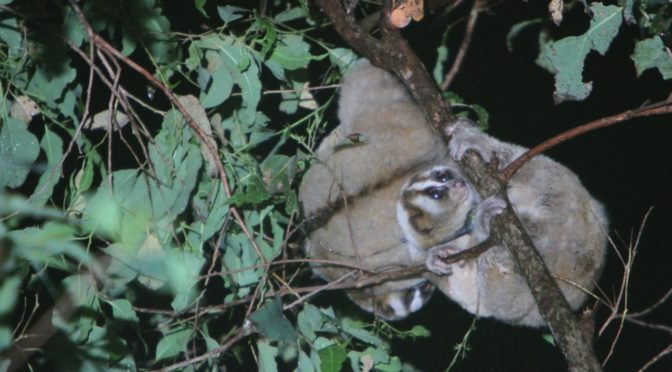We often see that the Javan slow loris spends time exploring alone, travelling alone, and eating alone, but do they really like being alone and solitary or is it just a matter of time until they will be social? After ten years of observing lorises we have found that they also like to do social activity, especially with their family!
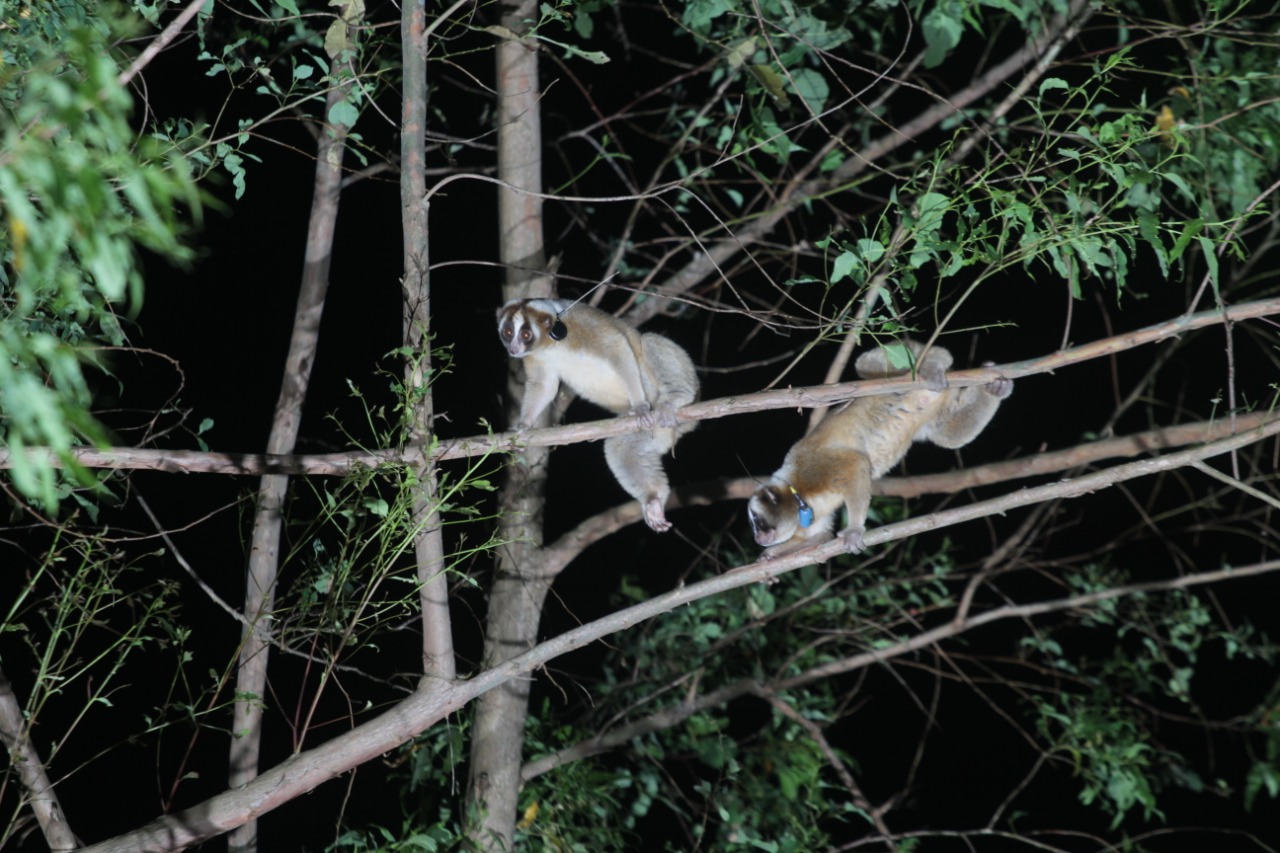
Social behaviour is a behaviour performed by one or more individuals initiating interactions between individuals and between groups. This social behaviour can be divided into affiliative behaviour and agonistic behaviour. Affiliative behaviour is a behaviour that is performed with the aim to strengthen social ties, encourage togetherness between individuals or between groups, while agonistic behaviour indicates aggressiveness such as threatening behaviour or attacks, and submissive behaviours such as being frightened, submitting or fleeing.
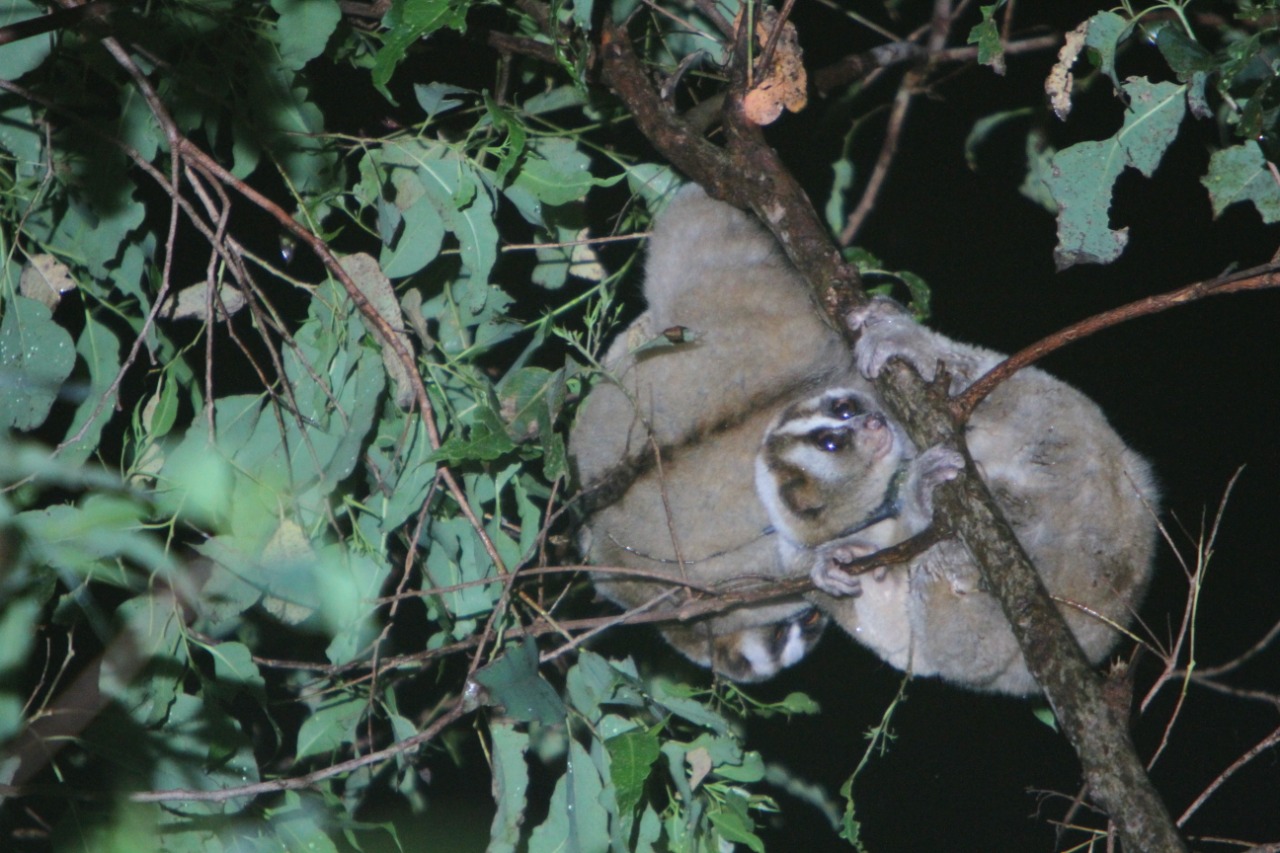
These social behaviours can be observed in the Javan slow loris, they are socially active especially when they are together with their siblings, parents or their soulmate! We often find the father or mother playing with their offspring after they wake up or before going to sleep; the siblings might stay close to each other when they are exploring trees; the mother might carry her baby; social grooming; vocalisations; or the father that will be ready to protect his soulmate when other male approaches, and he will fight until the end. They also love to sleep together especially when they have a little baby with them. The amount of time they spend with their family is also not short, meaning that all of these behaviours tell us that the Javan slow lorises are socially active with their family!
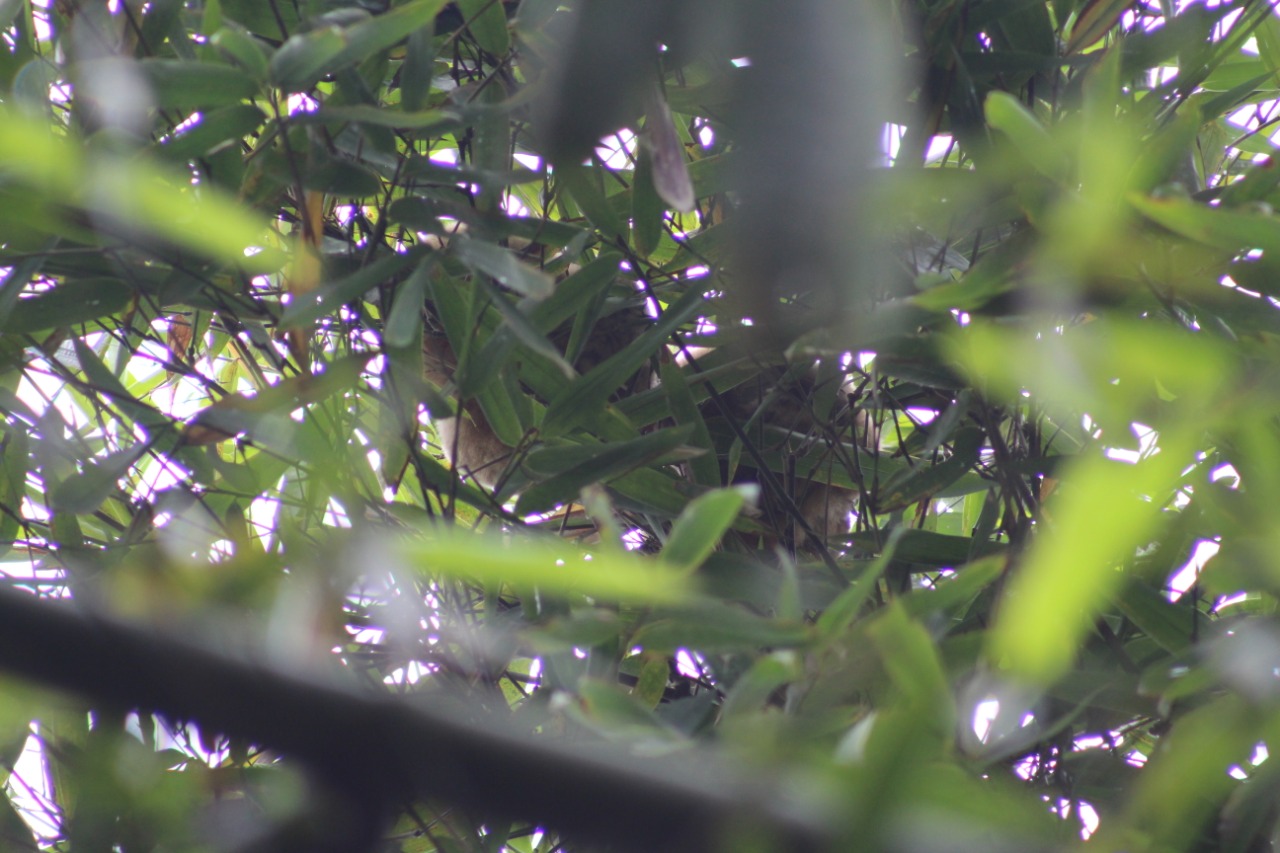
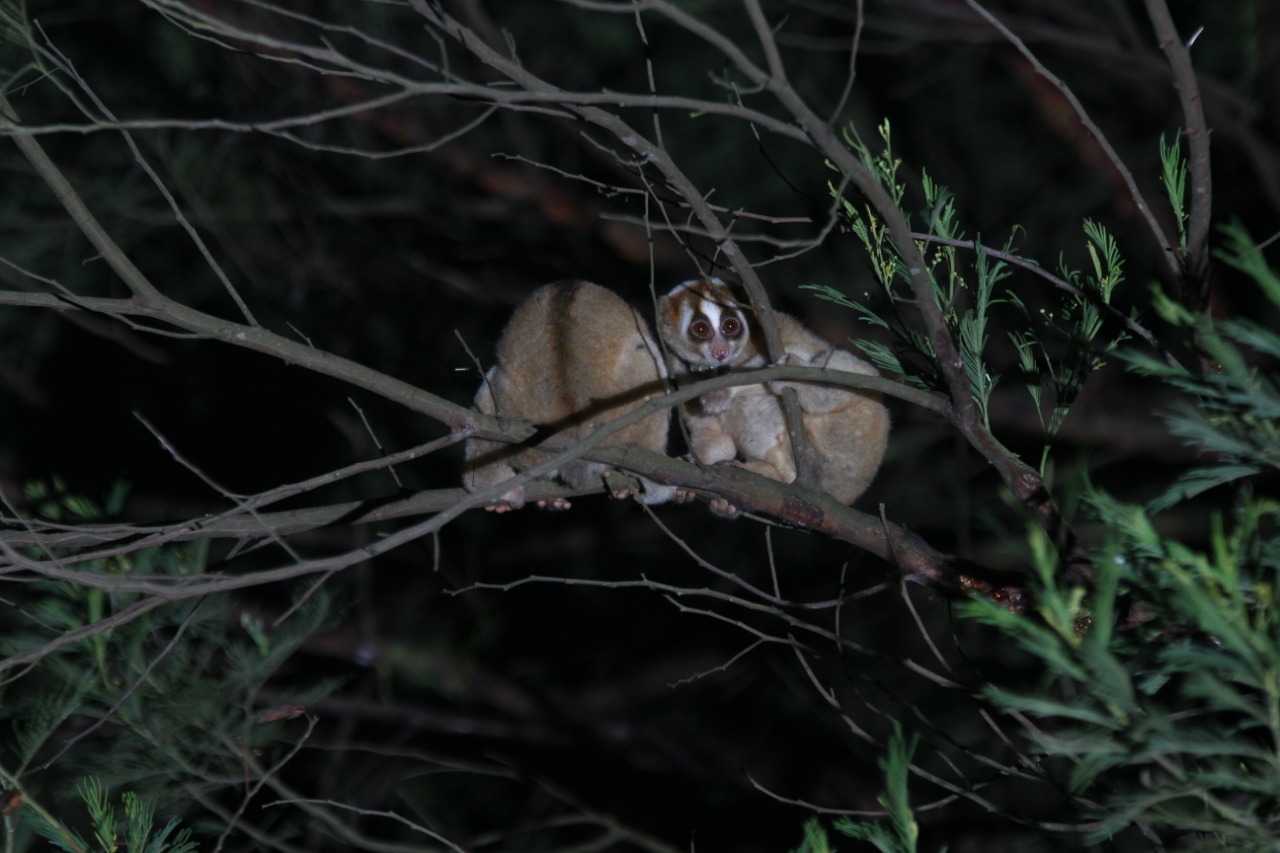
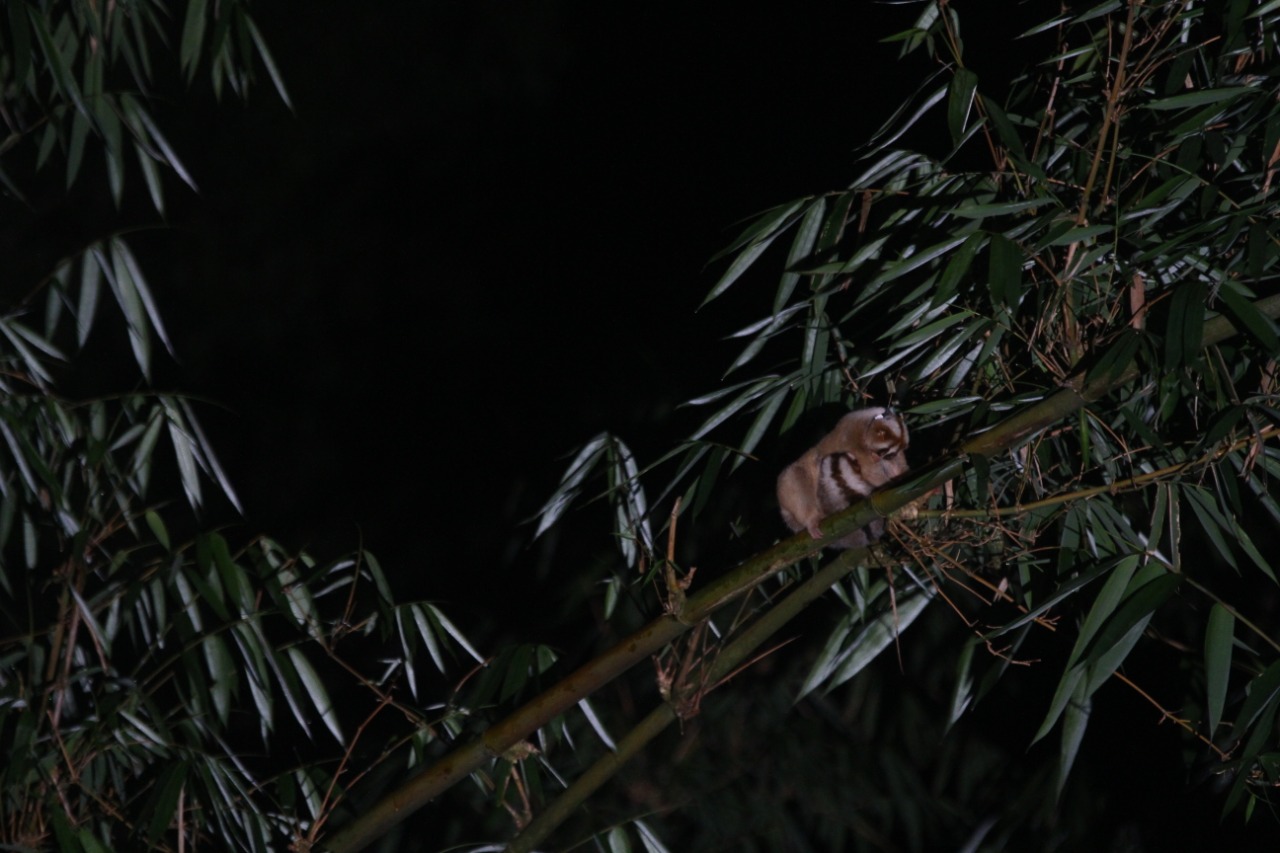
It is always interesting to see them being social with their family and creating a strong bond with each other. Just like humans, they love to be around their family and their loved ones!
______________________________________________________________________
About the writer: Esther Adinda – Research Assistant in LFP. Esther is a forestry student who is passionate to work in the field and are excited to learn behavioural ecology from loris and other animals.

